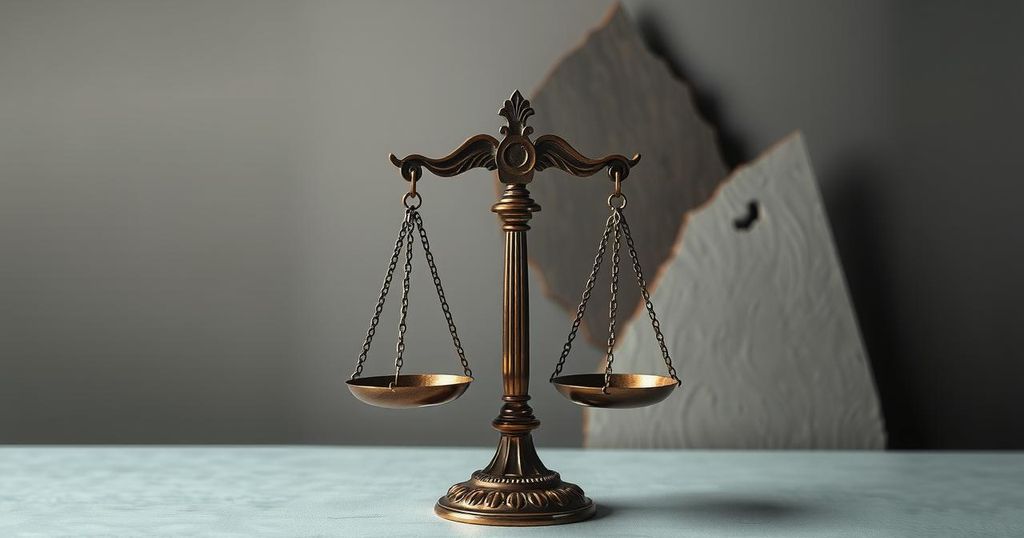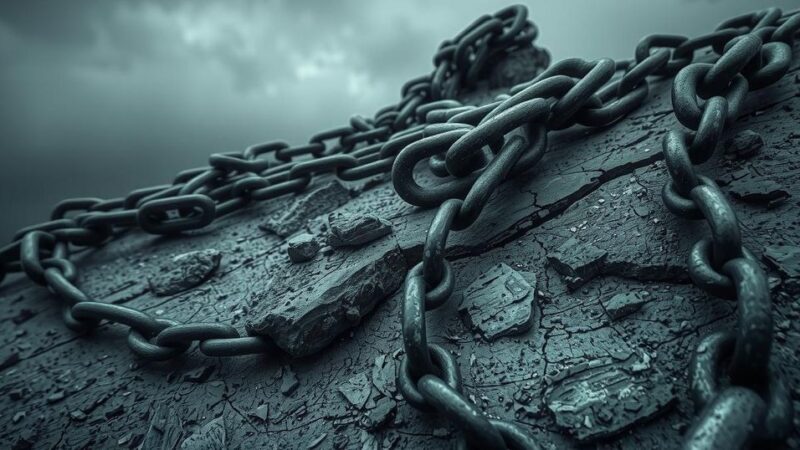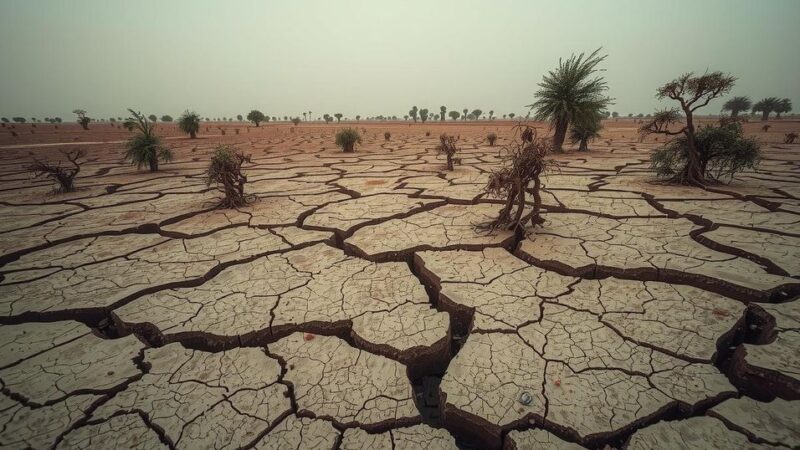Human Rights Watch has called the human rights situation in Ethiopia for 2024 ‘dire,’ highlighting severe conflicts, civil society restrictions, and a lack of accountability for abuses. Key issues include war crimes in the Amhara region, escalating violence and kidnappings, media suppression, and humanitarian crises exacerbated by ongoing military actions and government policies.
Human Rights Watch (HRW) has described the human rights conditions in Ethiopia for 2024 as alarming, emphasizing extensive conflict, civil society suppression, and a lack of accountability for violations. The annual report underscored serious infractions committed by government forces, militias, and non-state armed groups across conflict-impacted areas.
The Amhara region has emerged as a significant area of concern, with HRW documenting alleged “war crimes” perpetrated by both government troops and Fano militias. The report detailed severe actions, including “extrajudicial executions, sexual violence, torture, and ill-treatment against civilians” as conducted by Ethiopian military forces.
On January 29, a particularly grave incident was reported in Merawi town, where Ethiopian military forces were accused of summarily executing dozens of civilians. Concurrently, Fano militias were implicated in unlawful civilian killings and unauthorized detainment of individuals.
The humanitarian crisis in Amhara worsened, marked by the highest levels of violence in the nation. With eight aid workers killed in 2024, the UN contemplated halting relief efforts due to escalating threats.
HRW also cited ongoing violations by Eritrean forces in Tigray, including sexual violence and looting. Additionally, a noticeable increase in kidnappings occurred nationwide, with over 100 persons kidnapped, predominantly university students in Oromia.
Ethiopia’s extended state of emergency, established in February and lasting until June, enabled mass detentions and movement restrictions targeting journalists, opposition figures, and activists. Amnesty International reported hundreds of detentions in Amhara, encompassing high-ranking police and intelligence officials.
Restrictions on the media escalated, forcing many journalists to choose between self-censorship, harassment, or exile. HRW noted that 54 journalists had left the country since 2020 due to these pressures.
Civil society organizations also faced escalating harassment. HRW reported that Ethiopian security forces targeted staff of the Ethiopian Human Rights Council in May, while several organizations, including the Center for the Advancement of Rights and Democracy, were suspended in November.
Although the government introduced a transitional justice policy in April, HRW deemed it insufficient due to inadequate transparency and lack of independent oversight. They criticized the efforts for accountability concerning ongoing abuses as insufficient.
HRW further asserted that Ethiopian authorities generally denied or minimized reports of civilian abuse, while international partners continued to engage with the government despite these ongoing violations.
The human rights landscape in Ethiopia has been increasingly troubling due to ongoing conflicts, particularly in the Amhara and Tigray regions. Various groups, including government forces and militias, have been accused of serious human rights violations, including extrajudicial killings and sexual violence. The deteriorating humanitarian situation has compelled the UN and other organizations to reevaluate their operations in the country, and there has been a notable intensification of pressure on civil society and media. Politically, the government’s state of emergency has enabled mass arrests and curtailed freedoms of expression and assembly, exacerbating the climate of fear among civil society. The international community’s response has involved some normalization of relations with the Ethiopian government, even amid widespread reports of human rights abuses.
In summary, the human rights situation in Ethiopia for 2024 remains dire, with significant evidence of abuse by various factions in conflict zones. The government’s restrictive policies and inadequate accountability measures contribute to an environment of fear and repression. Despite the alarming conditions, there are indications that international interactions with the government persist, raising questions about global human rights advocacy in the context of ongoing abuses.
Original Source: addisstandard.com







